In recent weeks, as the omicron variant spread rapidly across the United States, Americans have found that the financial costs of the pandemic are increasingly falling on their shoulders.
As Covid-19 cases have climbed, public health experts have urged people to dump their cloth masks in favor of higher-quality options and to test more frequently to curb the virus.
The Centers for Disease Control and Prevention on Friday updated its mask guidance to note that the disposable N95 or KN95 masks offer the “highest level of protection” against the virus.
For some, the added financial burden is an irritation — but still affordable. To others, the prospect of paying $1 for a single disposable mask or $24 for a test kit is an economic impossibility, raising the specter that the pandemic will continue to exacerbate inequalities.
During the pandemic, three quarters of workers said it was very or somewhat difficult to make ends meet, 40 percent said they couldn’t come up with $400 in the event of an emergency and around 20 percent said they went hungry because they couldn’t afford enough to eat, according to the Shift Project, an ongoing survey of American hourly wage workers operated by Harvard University sociologist Daniel Schneider.
Most also do not get paid sick leave and have continued to work when ill because they cannot afford to miss a paycheck, he said.
“These are the workers facing the virus, and we are asking them to buy high-quality masks and pay for rapid tests?” Schneider said. “For many of these workers, it’s just not a possibility — this is about food on the table. And when you face that impossible choice, the devolution of pandemic prevention to impoverished workers is really unrealistic.”
The White House also announced that private health insurance companies would be required to reimburse up to eight at-home Covid-19 tests a month, and later this week the Biden administration will make up to four tests available to U.S. residents via an online portal. President Biden also said Thursday his administration was planning to make “high-quality” masks available to the public at no charge but declined to offer details, including when the masks would be available.
Still, workers and experts have expressed frustration that the state and federal governments are not moving more quickly and transparently to provide rapid tests and high-quality filtration masks, such as the N95 and the KN95, to residents at low cost or for free, especially in recent months as case and hospitalization numbers spiked amid the very infectious omicron variant. Many can’t afford to wait to be reimbursed or don’t have health care coverage.
In some cities, local mutual aid groups — many created amid the George Floyd protests during the summer of 2020 — have worked to fill the gap. Organizers in Portland, Oregon, and in Seattle have poured their own money into the effort and put out calls for cash and test kits to hand out to those in need.
The founders of the groups said they hoped to raise enough money to make up for their expenses, but ultimately they said they couldn’t ignore that testing had become inaccessible to those without financial means.
The founder of Seattle Rapid Test Bloc, who asked to remain anonymous out of fear that the personal publicity might bring, said people in the community had donated tests and cash for the effort. The group also charged $2,000 for 100 tests to a credit card and hoped to recoup the expense through fundraising. As of the weekend, it had raised $1,200.
“We know that we are all we have and all we can rely on, and so we have to be a community and look out for each other because no one else is,” said the group’s founder, who noted that the cost for 100 tests had increased by $500 since its order. “It sucks to be at this point and know by the time the government or anyone does anything, it will be too late.”
Sam Stettiner, who is disabled and lives in Brooklyn, said that fear of the disease and anger and sadness over the response, particularly on behalf of disabled people, had almost defined his time during the pandemic. He said it has been hard to acquire tests, and the cost is difficult to swallow because his chronic illnesses make it impossible for him to work.
Having enough supplies for himself is one challenge, but he would also like to have rapid tests available for the various home health aides who come to his apartment — especially after one came despite being ill.
“The cost is a big issue for me, and I think for a lot of other folks that are on low fixed incomes,” Stettiner said. “We can’t necessarily spend hundreds of dollars to stock up, and at the same time we’re going to high-risk environments more often than nondisabled people for medical appointments and procedures we can’t skip.”
Some members of Congress are putting increased pressure on the Biden administration to take greater action in response to the ongoing spread of the virus.
Rep. Ro Khanna, D-Calif., joined Sen. Bernie Sanders, I-Vt., and other Democrats last week to push for a bill that would provide three N95 masks to every person living in America. They’ve also pushed to expand access to rapid testing.
The hope, Khanna said, was for the federal government to use the Defense Production Act to expand the number of rapid tests and masks available, and then provide them free to every person in the U.S. who needed them.
Even allowing people to be reimbursed for tests they purchased through their health insurance companies does not go far enough, he said, noting that there are many here who have neither health care coverage nor the time to tangle with their insurance companies.
“A lot of people don’t have the cash to pay up front and wait for reimbursement,” said Khanna, adding that even he had waited months to be reimbursed for tests that were covered by his insurance. “That’s why I think it’s so important for the government to purchase them, mail them to people and allow people to order them online or by calling a hotline and then provide them at grocery stores, at health centers, at postal offices — it just should be ubiquitous.”
In a Friday text, Khanna sounded more optimistic after a meeting with White House officials regarding the need for a more aggressive and equitable response, particularly in their effort to provide high- quality masks to Americans.
“I had a good call with the White House. They get it,” he said in a text. “They are doing everything now to expeditiously get high quality masks to Americans and I expect a big announcement soon.”
The specifics of that announcement remain unclear, but it will likely come shortly after the Biden administration begins distributing the free at-home tests — up to four per household.
But the 500 million tests the administration is distributing are not nearly enough, many experts say, especially for families who have children in school and parents back at work.
“It’s good, but it’s really just a drop in the bucket,” said Dr. Eric Feigl-Ding, an epidemiologist and senior fellow at the Federation of American Scientists. “Considering that we need to test millions and millions of people regularly, 500 million tests is about one and a half per person. It’s really negligible.”
It’s a particular challenge for students and workers, as some schools and employers require that those who test positive or have been in close contact with someone who has must provide a negative test to return to the classroom or their place of work. For low-income workers, the inability to pay for tests or find tests can further a cycle of poverty, as many do not have paid sick leave or the ability to pay for child care.
Consumers in other countries appear to have much less expensive or even free options. In India and Germany, tests can be bought for a few dollars apiece. The United Kingdom mails rapid tests to residents who request them, or they can be picked up from a number of pharmacies or central hubs.
The demand in the U.S. is too high compared with the available supply, said Feigl-Ding, who said that he knew people who had bought huge numbers of tests because they wanted to use them for parties.
“We have to invoke the Defense Production Act to make them cheaper and ensure there’s no price gouging,” he said. “We have to make them bottom-basement available. The pandemic profiteering is just not acceptable, and it actively hurts economic progress because it hurts our recovery.”
But it does not seem that Covid tests are getting any cheaper.
Walmart and Kroger said they were raising the prices of rapid tests after an agreement they had with the Biden administration to sell tests at cost expired.
Tricia Moriarty, a spokesperson for Walmart, said that the company was one of only a few retailers that participated in the White House program to sell Abbott BinaxNow tests at cost for three months. Though she said there was ongoing demand and that the company had placed purchase limits, she acknowledged Walmart had raised its prices.
“When the 90 days expired in mid-December, we still kept the product priced at cost through the holidays,” she said over email. “Now that we have returned to our original $19.98 price point, we believe we are still the lowest priced compared to other retailers.”
At Kroger, another company that had agreed to keep its prices down, spokesperson Kristal Howard also emphasized that the grocery chain was one of three companies that had reduced the cost of rapid tests. She said they were adding tests from other manufacturers to store shelves to increase product availability.
“Of note, we fulfilled our commitment to the Biden Administration to sell at cost for 100 days, and that pricing program has now phased out and precommitment retail pricing ($23.99) has been reinstated,” Howard said in an email.
Still, critics have said, Walmart and Kroger’s own retail workers would probably have to work multiple hours to afford a single test kit at those prices.
Increasingly, the pandemic prevention strategies — masks, rapid testing, working from home and paid sick leave — have become a luxury, Schneider said.
“It’s an upside-down world because front-line workers who actually are out there encountering risk and facing the public can’t afford tests, are not being rigorously tested by their employers, lack the resources and the time to go chasing after these pandemic prevention strategies and are least likely to have paid sick leave and must work in person,” he said. “It’s exactly backwards.”

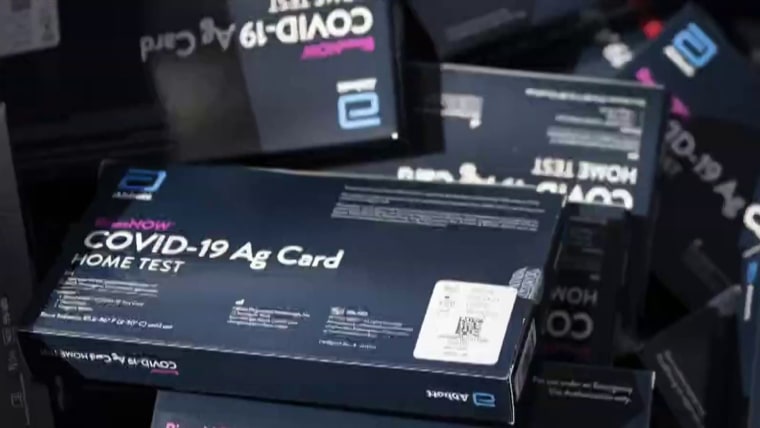
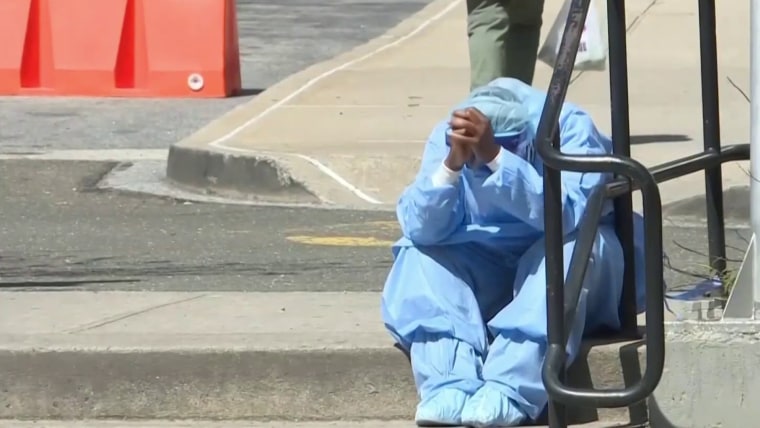
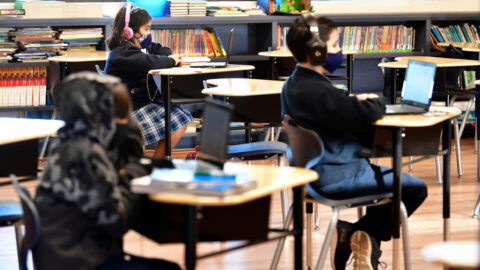
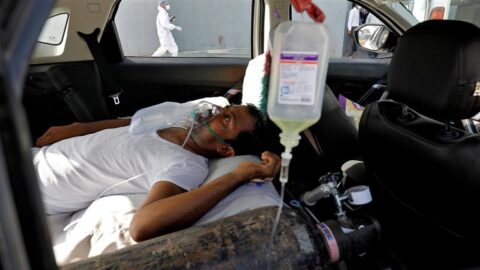
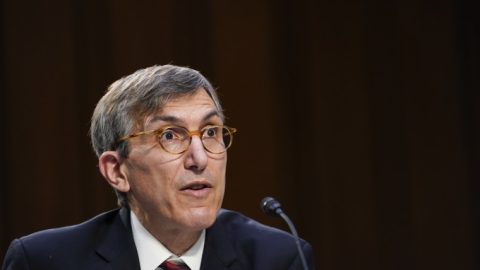
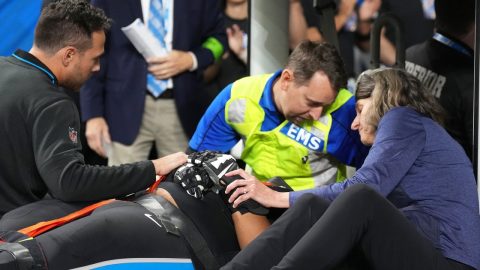
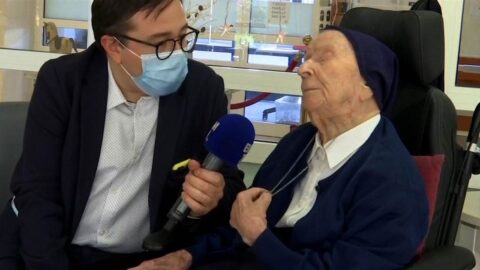
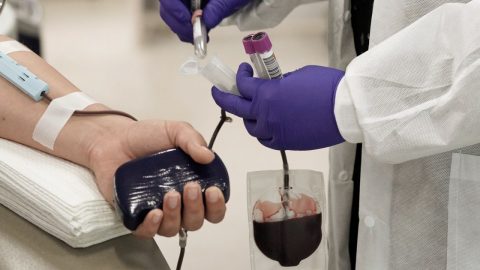
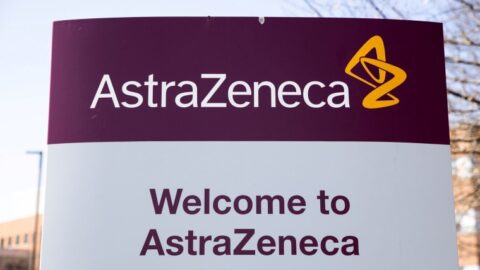
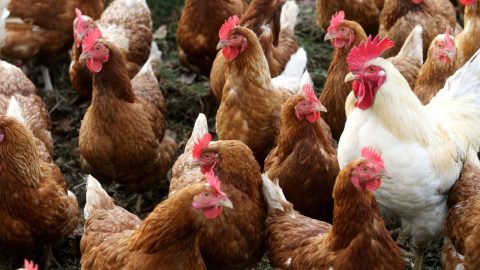
Recent Comments